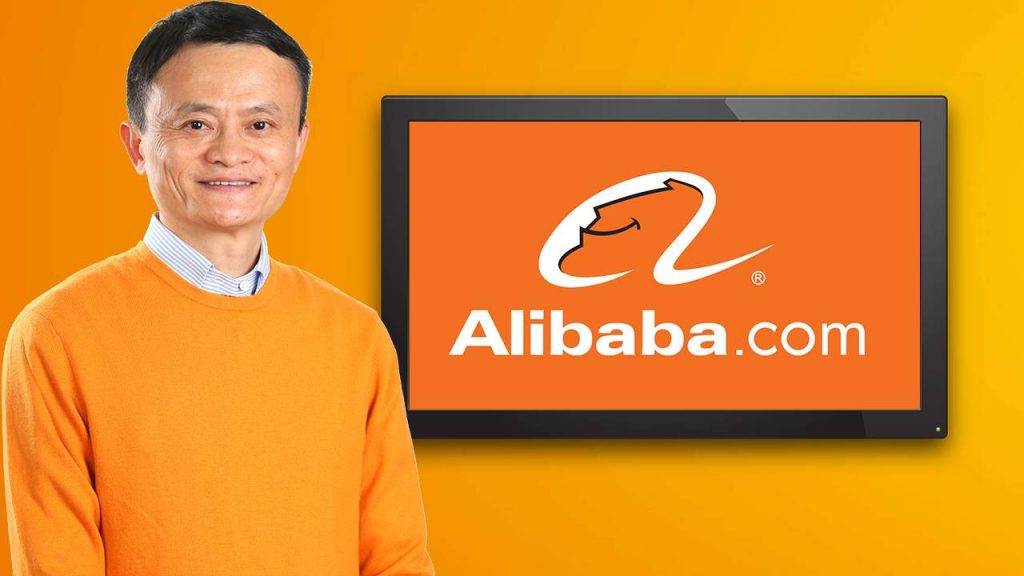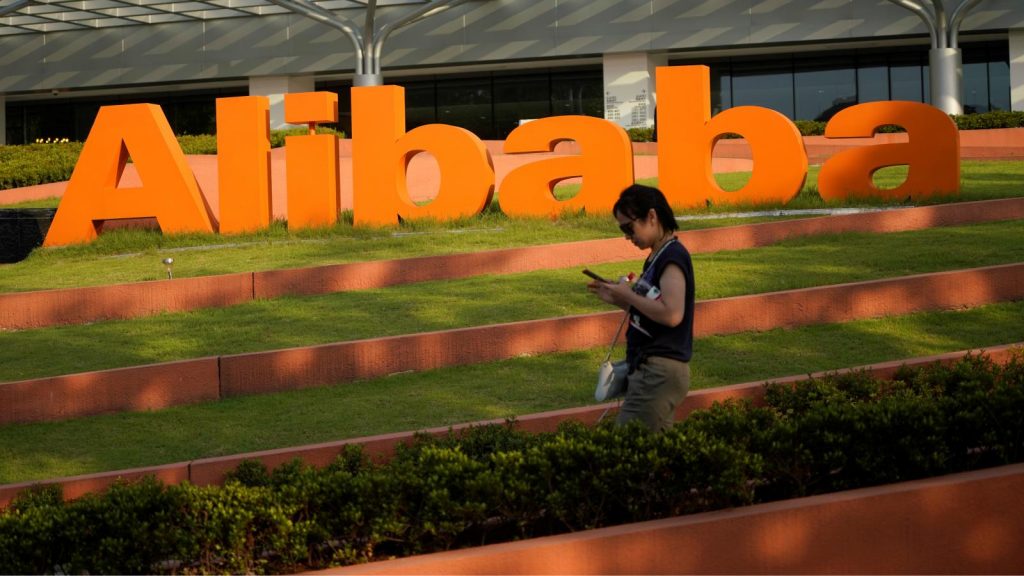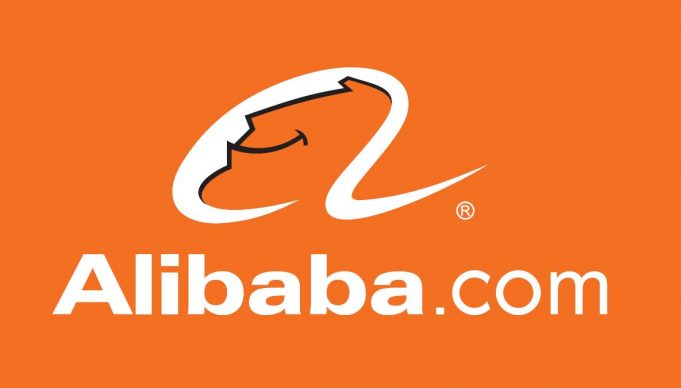This post is about how Alibaba makes money. Firstly, we provide information on Alibaba’s business segments. Then, we look at revenue share of the different business segments. Then, we look at Alibaba’s monetization model. We explain different services offered by Alibaba and their revenue share during FY 2015.
About Alibaba
Alibaba is the world’s largest online and mobile commerce company in terms of gross merchandise volume (GMV). Alibaba provides technology infrastructure and marketing services to help businesses establish an online presence and conduct commerce with consumers and businesses. Alibaba does not engage in direct sales, compete with the merchants, or hold inventory.
Alibaba operates the following retail marketplaces for consumers in China:
- Taobao Marketplace – China’s largest online shopping destination
- Tmall Platform – China’s largest third-party platform for brands and retailers
- Juhuasuan – China’s most popular group buying marketplace by its monthly active users
During FY 2015 (12-months ending March 2015), these three marketplaces generated a combined GMV of $394 billion from 350 million annual active buyers. GMV refers to the value of confirmed orders of products and services on these three marketplaces, regardless of whether the buyer and seller settle the transaction.
These three marketplaces accounted for 78.4% of the Alibaba’s total revenues of $12.3 billion during FY15.
In addition to these three marketplaces, Alibaba operates
- Alibaba.com – Global wholesale marketplace
- 1688.com – China wholesale marketplace
- AliExpress – Global consumer marketplace

Alibaba Business Segments
Alibaba’s business operating segments are shown in the chart below.
Alibaba reports the revenues for the following business segments.
- China Commerce. This has two subsegments: China Retail Marketplaces and China Wholesale Marketplaces.
- China Retail Marketplaces consists of Taobao Marketplace, Tmall, and Juhuasuan. Chinese consumers buy on these marketplaces. While browsing or searching on Taobao marketplace, consumers see product listings from both Taobao marketplace and Tmall. Taobao means “search for treasure” in Chinese.
- China Wholesale Marketplaces consist of 1688.com. China wholesalers and manufacturers supply retail merchants in China on 1688.com.
- International Commerce. This has two subsegments: International Retail Marketplaces and International Wholesale Marketplaces.
- International Retail Marketplaces consists of AliExpress. China wholesalers and manufacturers supply directly to global consumers on AliExpress.
- International Wholesale Marketplaces consist of Alibaba.com. China wholesalers and manufacturers supply global wholesale buyers on Alibaba.com. In addition, global wholesalers and manufacturers supply global wholesale buyers on Alibaba.com
- Cloud Computing and Internet Infrastructure. Alibaba offers a complete suite of cloud computing services to sellers on its marketplaces and other third-party customers such as start-ups in mobile gaming and Internet applications. Alibaba also offers these services to established corporations in digital entertainment, consumer electronics, financial services, mobile communications, healthcare, and education industries. The cloud computing services include elastic computing, database services and storage, and large scale computing services. Alibaba also provides Internet infrastructure services, such as web hosting and domain name registration.
- Others. This primarily consists of their SME loan business, which provides micro loans to the sellers on Alibaba retail and wholesale marketplaces through lending vehicles licensed by the local government.

Alibaba Monetization Model
Alibaba generates revenue primarily from the following offerings: online marketing services where sellers pay them marketing fees to acquire user traffic; commissions based on GMV for transactions settled through Alipay; and membership fees and value added services. The details for each of these revenue sources are provided as follows:
- Online marketing services. These consist of the following:
- P4P, or pay-for-performance, marketing services. Here, sellers bid for keywords that match product or service listings appearing in search or browser results on a cost-per-click (CPC) basis at the prices established by Alibaba online auction system.
- Display marketing services. Here, sellers bid for display positions on the relevant marketplaces or through their third-party marketing affiliates at fixed prices or prices established by their real-time bidding system on a cost-per-thousand impression (CPM) basis.
- Taobaoke program. Here, sellers on Taobao marketplace and Tmall pay commissions to Alibaba based on a percentage of GMV for transactions settled through Alipay from users sourced from third-party marketing affiliates. Commissions on Taobaoke are set by the sellers and depend on the amount the seller is willing to pay to generate incremental sales through the affiliate channel.
- Placement services. Here, sellers pay placement fees to purchase promotional lots on the Juhuasuan marketplace for a specified period.
- Commission on transactions. In addition to purchasing online marketing services, sellers on Tmall and Juhuasuan also pay a commission based on a percentage of GMV for transactions settled through Alipay in the respective marketplaces. Alibaba also generates revenues from commissions on transactions over AliExpress.
- Storefront fees. This is comprised on monthly subscription fees for Wangpu, Alibaba’s storefront software that includes a suite of tools that assist sellers in upgrading, decorating, and managing their storefronts.
- Membership fees and value added services. Revenue from 1688.com is primarily generated from the sale of China TrustPass memberships, which allow wholesalers to host premium storefronts, with access to basic data analytic applications and upgraded storefront management tools. Alibaba also offers them value-added services, such as premium data analytics. Revenue from Alibaba.com is primarily generated from the sale of gold supplier memberships on Alibaba.com, which allow wholesalers to host premium storefronts. Alibaba also offers them value-added services such as product showcase, custom clearance, value-added tax, or VAT, refund and other import/export business solutions.










